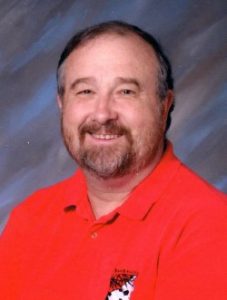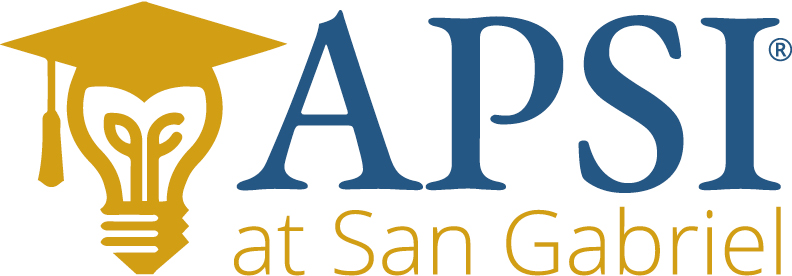William B. Bond

For over 32 years, Bill was a teacher at Snohomish High School in Washington State where he taught Advanced Placement Chemistry and served as Science Department Chair. Bill received both his Bachelor and Master’s Degree in Science and Science Education from the University of Washington. He has written questions for the AP Chemistry exam as a member of the Test Development Committee, been a Table Leader and Reader (grader) of the AP Chemistry Exam and was the principal author of “A Teacher’s Guide to Advanced Placement Chemistry”—published by the College Board. Bill has won the Siemens Advanced Placement Award, was a Dreyfus Fellow with the Woodrow Wilson Foundation and has had his Chemistry research published in “Analytical Chemistry”. He has been a member of the Academic Council for the Western Region of the College Board and has served on the Development Committee for Advanced Placement Science Vertical Teams. Bill was selected as a National Leader in AP Chemistry for the College Board–responsible for the training and evaluation of new AP Chemistry presenters. In addition, he presents AP Chemistry at numerous Workshops and Institutes—both nationally and internationally. Most recently, Bill has been trained in the new AP Chemistry “Redesign” (2013) and “Reorganized” (2019) Curriculum and has written the chapter introductions for the new Chang AP Chemistry text. Currently, he is on the faculty of Bellevue College, Bellevue, Washington where he teaches General Chemistry to math and science majors.
Agenda
First Daily Class Session (Before morning break):
“Teaching AP Chemistry”
Day 1: Introductions; Structure/Use of Time; AP Chemistry Test Development Committee; AP Chemistry Reading
The re-organized AP Chemistry Syllabus: Course and Exam Description
Day 2: 2014 Multiple Choice Exam Questions, Textbook Selection; Teaching Strategies; Formative vs. Summative Assessment
The re-organized AP Chemistry Syllabus: AP Classroom, Personal Progress Checks, Progress Dashboard, Instructional Approaches and Lesson Planning.
Day 3: Labs—what is expected; What “Open Inquiry” and “Guided Inquiry” mean and how they are different from structured labs; Adapting traditional labs to “Open Inquiry” and “Guided Inquiry”; The CB Guided Inquiry Lab Book; Other Reference Materials.
The re-organized AP Chemistry Syllabus: Fall Registration and AP Policy Changes; AP Question Bank.
Day 4: Recruitment of Students, Exam Taking Strategies; How to Review/Prepare for the AP Exam;
The re-organized AP Chemistry Syllabus: Digital Activation and access.
Second Daily Class Session (After morning break)
“A Review of Chemistry Theory and “The 2019 Free Response Exam.”
Day 1: Survey of Kinetics; 2020 Free Response Questions 1 & 2
Day 2: Survey of Equilibrium; 2020 Free Response Questions 3 & 4
Day 3: Survey of Electrochemistry; 2020 Free Response Questions 5 & 6
Day 4: Survey of Thermochemistry; 2020 Free Response Question 7;
Demonstrations, Final Questions and concerns.
Third Daily Class Session (Afternoon)
“Laboratory Work”
Day1: Kinetics Lab
Day 2: Guided Inquiry Equilibrium Lab
Day 3: Electrochemistry lab
Day 4: Thermochemistry Lab
*Participants are asked to obtain a copy of and solve the Free Response Questions from the 2020 AP Chemistry Exam. The Exam can be found at the AP Central website: http://apcentral.collegeboard.com a few days after the AP Chemistry Exam is given. If you cannot obtain a copy or have difficulty solving the questions, this is no problem—come to the Institute and we will help you! Participants are also asked to bring their own personal laptop computer or tablet, a calculator (with trigonometric functions), a new (empty) thumb drive for copying files, their own personal protective eyewear and lots of enthusiasm!
All of the science courses are conducted in labs equipped with state regulated safety equipment.
















